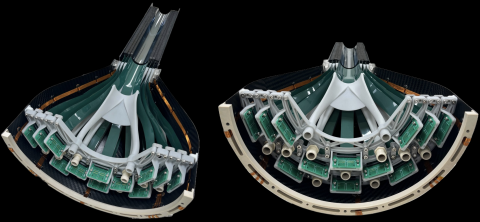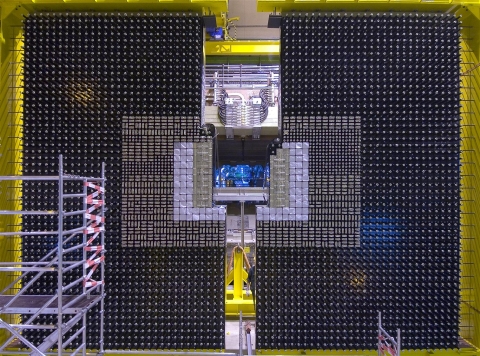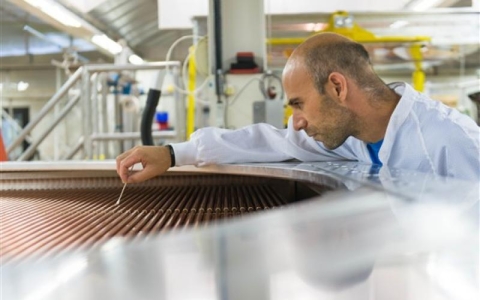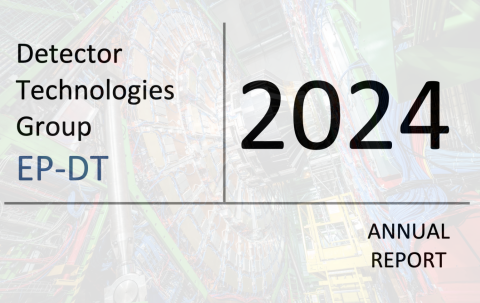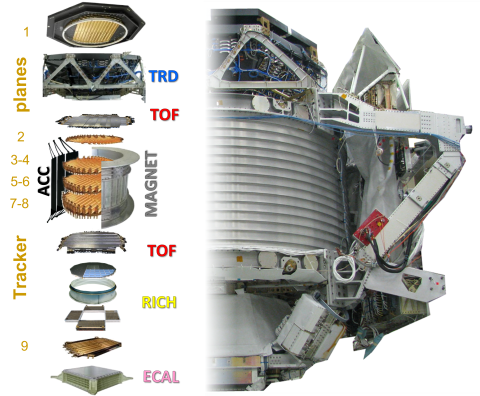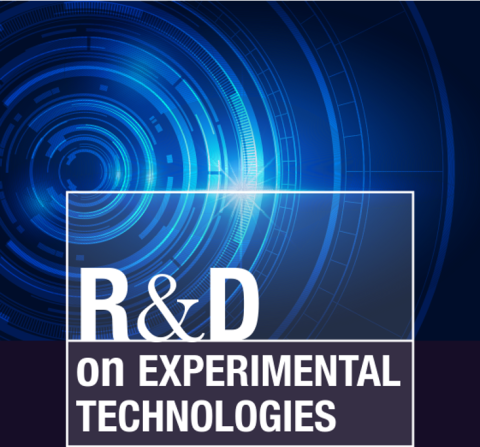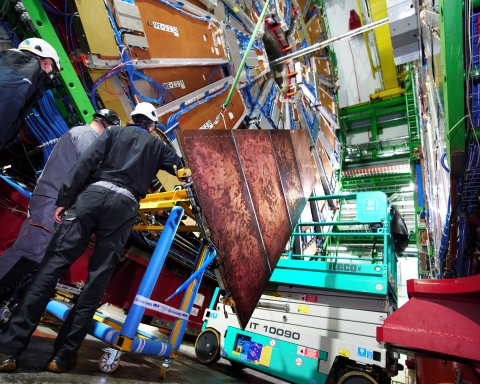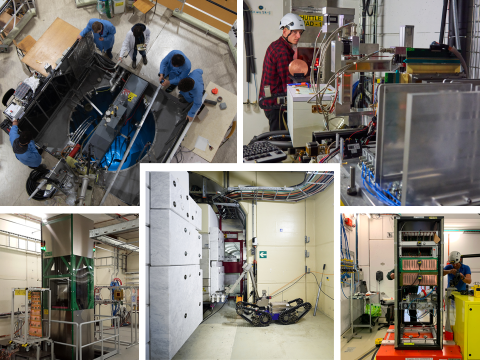DT
From vertex to calorimeter: R&D challenges in detector mechanics for future colliders (WP4)
EP R&D WP4 is developing innovative mechanical, thermal, and automation solutions to meet the unprecedented demands of next-generation collider detectors. The next generation of detectors will face increasingly demanding challenges due to…
Read moreEDIT Instrumentation Schools: Preparing the Next Generation of Detector Experts
The Excellence in Detector and Instrumentation Technologies (EDIT) Schools are an established series of international training events dedicated to young researchers – graduate students and early-career postdocs – who want to deepen their knowledge…
Read moreOLC-R / OLC-1 refurbishment in a Nutshell
For Phase-2, CMS DAQ will undergo a major increase of its capacities to match HL-LHC performance and the related CMS physics program. Compared to the present situation (Run3), the post-trigger data throughput will increase from 2 Tb/s today to 50 Tb…
Read moreCalorimetry and light-based detectors for future experiments
The strategic R&D programme on technologies for future experiments by the CERN EP department is currently in its second phase from 2024 until 2028. Within this effort, Work Package (WP) 3 focusses on the development of calorimetry and light-…
Read moreA Day of Innovation: EP R&D 2025 in Focus
May 7th 2025, 8:15 AM. Many colleagues from all EP groups are gathering in front of the main auditorium. Colourful posters are being exhibited in the lobby. People who don’t see each other often profit from the occasion to chat a bit. It is the…
Read moreShaping Detector Innovation: Highlights from CERN’s EP-DT Group Annual Report
The Detector Technologies (EP-DT) group has played a vital role in 2024 in advancing experimental capabilities across CERN’s LHC and non-LHC programmes. As outlined in the group’s recently published annual report, their contributions span from…
Read moreAMS-02: A New Chapter in Orbit to Probe the Nature of Cosmic Rays
Since its launch aboard the International Space Station (ISS) in May 2011, the Alpha Magnetic Spectrometer (AMS-02) has recorded more than 250 billion cosmic-ray events, offering precision measurements of the composition and energy spectra of…
Read morePushing the Frontiers of Detector Innovation: EP R&D Programme
The Experimental Physics (EP) R&D programme at CERN continues to serve as a cornerstone for technological innovation in particle physics, developing the next generation of detector systems that will empower future discoveries. Launched in 2020,…
Read moreGaseous detector technologies for future experiments
Within the strategic EP R&D programme [1], WP2 covers developments of gaseous detector technologies for addressing the challenging needs of future experiments. The main research lines within WP2 cover the following activities: Exploring novel…
Read moreAdvancing CERN’s Frontiers: The Role of Irradiation Facilities in Experimentation and R&D
Irradiation is the process by which a material sample is exposed to radiation. This broad term encompasses various activities, from systematic qualification of components and materials following international standards to experimental research on…
Read more
